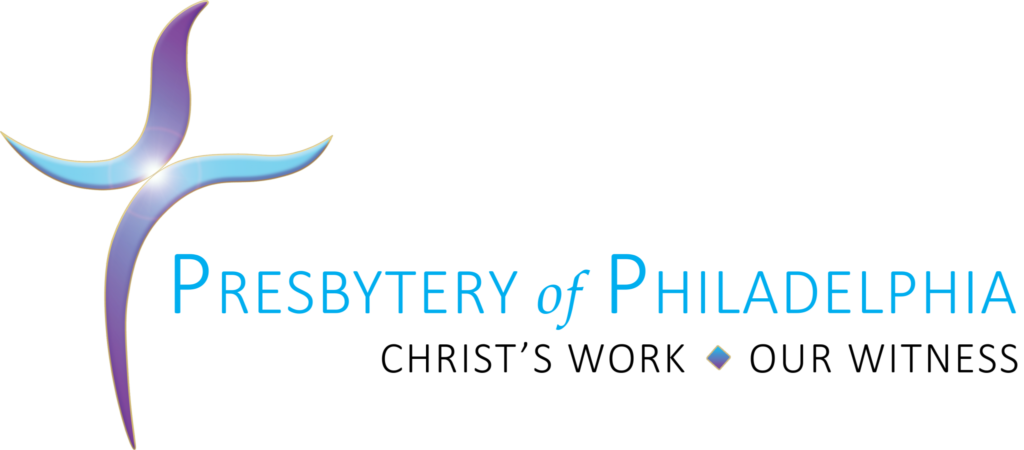Finding Your Part in God’s Song by Rev. Kevin Porter
As we have been reflecting on The Magnificat as a Presbytery staff this Advent, I’ve found inspiration in meditating on the question, “Whose song is it anyway?”
True, when we want to make the rafters of the sanctuary rattle, even many of us “frozen chosen” Presbyterians can belt out a rousing, “This is my story, this is my song…” We praise the God whose faithfulness has enabled us to own the Blessed Assurance of which we sing. But my experience has been that the process of owning some of the most meaningful parts of my faith story and song has not necessarily come comfortably.
Much like my experience on several church choirs, I have found myself coming in at the wrong cue or at a different pitch or tempo than intended by God, who is, after all, both the composer and conductor of the life’s song any of us have been created to sing. Lord knows there have even been times I have been intent on singing an entirely different song altogether than the one I have been called to sing – especially when I believe the courage or confession called for seems out of my range. And I know I am not alone in that.
“If you want to hear God laugh, tell Him your plans.” This truism was the inspiration behind comedian Julia Sweeney’s choice of God Said, “Ha!” for the title of her autobiographical film. After having firmly established herself on the American cultural scene as the person behind an iconic Saturday Night Live character (Androgynous Pat), Ms. Sweeny was preparing to use her fame on the show as a launching pad to greater heights in movies and/or television as others before her had done. Instead, she was faced with the challenge of dealing with a cancer diagnosis for her brother and then for herself.
In Ms. Sweeney’s case, her crisis of faith as she wrestled with her new reality led her to question the existence of God altogether. In Mary’s case, the prospect of being a young, unwed mother in the first century would have most likely been a daunting one. However, contrary to Ms. Sweeney’s experience, Mary had no doubt of not only God’s existence, but also of God’s blessing. And that made all the difference.
I am thankful for the Biblical witness and the witness of history, both full of the testimonies of people of faith named and unnamed, young and old, from all walks of life who, when faced with choices and circumstances that threatened to leave them speechless and hopeless, instead found themselves strengthened in their embracing of the story and song to which God called them:
- Esther, the queen called to risk her place of privilege for her people;
- Claudette Colvin, an African-American high school student in Montgomery, Alabama, who refused to yield her seat on a bus to a white man in 1955. Her arrest set the stage for Rosa Parks’ act of civil disobedience and the boycott that followed as a seminal moment in the Civil Rights movement;
- the prodigal son, whose decision to change his life’s direction and seek the forgiveness of the father he had wronged;
- John Newton, the 18th century slave trader who immortalized the sense of God’s forgiveness he experienced in the hymn he left as his legacy, Amazing Grace.
Yes, Mary’s Song is her unique expression of the blessing she received. Yet, its power to inspire generations after her, and its relationship to the story and song embodied through each of these other saints, lies in its resonance with the God who composed it, conducts every measure, and calls each of us to sing the part only we have the voice to sing, especially in this time when our common life can seem so discordant.
This Advent, may each of us take the time to listen — listen to the song of Mary and the great cloud of witnesses of every time and place who have found God’s song ringing through their lives as the only song that resonates as truly life giving. And then, as we discern our part, may we be so bold as to make God’s song of blessing our own.





